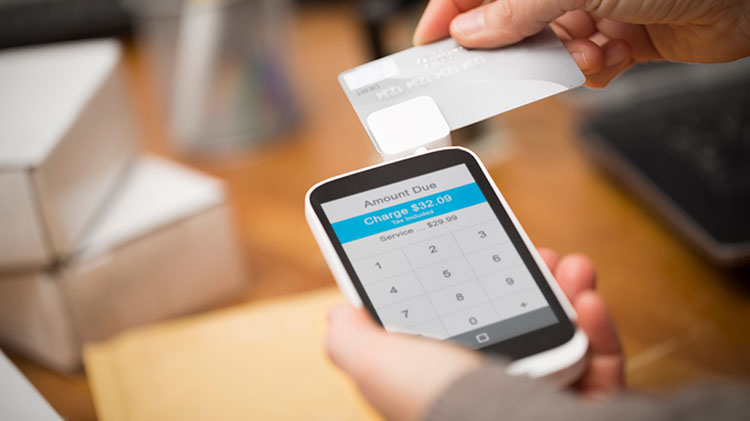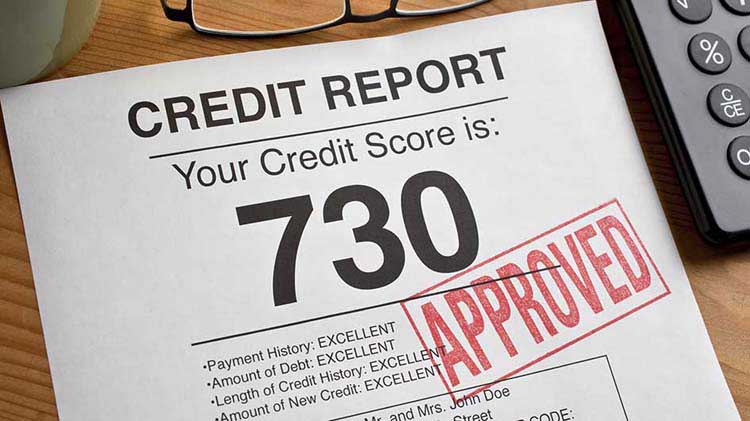Opening a bank account for kids
Learn about the benefits of opening a kid's bank account and find one that helps teach money management lessons.
Making sound financial decisions as an adult often starts with the lessons learned as a child. Do you want to teach kids how to manage and save money in the "real" world? You can start by educating your child on the importance of needs and goals by opening a joint account with your child.
As the world moves toward a cashless society, having a debit card for kids is more than a convenience — it’s reality. Whether for online purchases or emergencies, a kids debit card can help ensure your child has access to funds when they need it most.
Types of accounts for kids
Bank accounts typically come with two main types: savings and checking accounts. A savings account for kids is an excellent tool to teach the fundamentals of earning interest and saving for the future. For day-to-day money management, a kid checking account can offer practical lessons in responsible spending.
Benefits of a bank account for kids
Opening a bank account for minors comes with multiple benefits that extend beyond just having a safe place to store money. Here are some advantages:
- Teaches kids about money management (track savings and spending)
- Helps children understand the value of saving towards their goals
- Enables kids to learn about earning interest
- Fosters responsibility and independence
- Educates kids to work for their money by doing chores or finding a job
Benefits of a kid's bank account for parents
Not only do kids benefit, but parents can also gain from opening a joint bank account with their child. Some examples are:
- Provides a platform for teaching money management while still having control over the accounts
- Simplifies tracking and spending habits
- Helps show the importance of working towards an allowance
- Ability to receive real-time notifications
- Set parental controls where kids cannot overspend, or a transaction will be declined
- Parents can freeze or turn off debit cards
Find the right checking account
Research is key when choosing the best account for your kid. Some banks, like U.S. Bank, offer options with services like Greenlight, a debit card and money app for kids, that is complementaryfootnote 1 if the parent has a Bank Smartly ® Checking account. Consider choosing a bank that provides a free checking account to help maximize the benefits and help you save.
What do you need to open a kid's bank account?
In order to open a joint account with your child, according to U.S. Bank, you’ll need the following items:
- Your child's name, birthdate and Social Security number
- Your picture identification, such as a driver’s license or passport
- Your Social Security number
- Personal information such as address, phone number, email address
- An initial deposit (cash, checks) as required by the bank
Ages 7 to 9: Set priorities
Delineating between wants and needs is something most early elementary-age children can do. Some parents also use the "spend-save-donate" rule to divide money: spend one-third, save one-third and donate one-third. A simple savings account can be a useful tool to stash allowance and gifts. Look for a no-fee, no-minimum-balance option as well as rewards for regular deposits in minors' accounts. The Greenlight card is a great tool to begin teaching your kids the difference between spending and saving. This may prove to be a motivating factor for your child to skip a toy and save instead.
Ages 10 to 12: Expand the foundation
Late elementary-age children may start to earn money here and there from chores, and they can also grasp the basics of budgeting, saving for a goal and earning interest. One way to help them learn is to have them set a purchasing goal that is months away (a kids savings account may help). An online calculator can help show how long it will take to accumulate this total and offers a great way to discuss the basics of compound interest.
Ages 13 to 15: Connect money and responsibility
As kids age, a savings account remains a steadfast element of their growing financial picture. This type of account can be especially useful if children start to earn money regularly or have a purchase goal that is years away — say, a car when they are old enough to drive.
In addition, those in this age bracket may be ready for limited — but immediate — access to money. For example, with a Greenlight debit card, you can regularly transfer money such as an allowance to the card, and your child can use it like a regular debit card. They're limited to what's on the card, so there are never overdraft fees or overspending.
Ages 16 to 17: Establish independence
Teens can start to shift money management to a two-tier approach: a savings account and a student checking account. As children approach adulthood, saving for college becomes paramount. Encouraging work and saving habits at this stage sets a strong precedent for their financial future. Helpful boundaries for a student checking account may include spending and withdrawal limits set by parents or caregivers. In addition, this may be a good time to help kids create more formal budget categories for everything from shopping to gas for a car. Implement a regular time where you sit down with them to review budgets and see what they spent; then help them adjust, as necessary.
Ages 18+: Maximize accountability
As teens gain independence, it’s important that they establish good habits of monitoring expenses. One last point of discussion: Any post-18-year-old may be inundated with credit card offers. Discuss the importance of building a good credit score and avoiding credit card interest (and rapidly accumulating debt) while they're young.
Setting your child on the path to financial success starts with opening the right bank account — one that teaches them about saving, spending and growing their money. With tools and educational resources like the Greenlight debit card, you can make money management an engaging and essential part of your child’s growth. By starting them early, you can help ensure they are equipped to make smart financial decisions throughout their lives.
Greenlight debit card
Discover ways to help raise financially smart kids.Learn more about the Greenlight debit card




